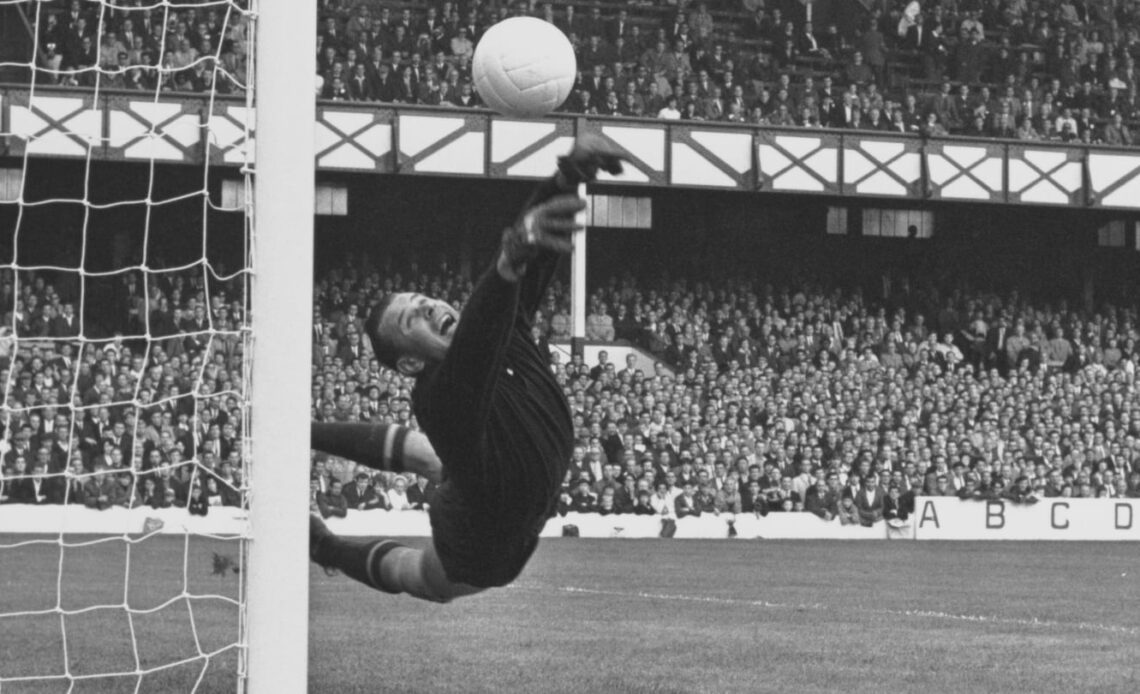The Ballon d’Or has been a staple of the football calendar since 1956 as a way of recognising the footballer believed to have achieved the most over the course of a year.
Conceived by sports writers Gabriel Hanot and Jacques Ferran, a jury of journalists would ultimately choose the winner of the award. These days, each member of the jury makes their top five selections based on three main criteria and a points-based system determines the winner.
The three criteria are performances, both as an individual and part of a team, a player’s class based on talent and fair play, as well as overall judgement of a player’s career.
The Ballon d’Or was also originally known as the ‘European Footballer of the Year’ award as it was only open to players from Europe, infamously excluding the likes of Pele and Diego Maradona.
This was the case for nearly 40 years until 1995 when it was opened up to all players based at European clubs – Liberian forward George Weah became the first non-European winner that very year – while in 2007 it became truly global for any professional player at any club around the world.
Revered magazine France Football presented the award from 1956 until 2009, with FIFA then coming on board from 2010 onwards and combining it with the rival FIFA World Player of the Year prize to create a new FIFA Ballon d’Or. But that merger only lasted until 2015.
Since 2016, it has simply been the Ballon d’Or presented by France Football once more.
Over the years, the Ballon d’Or has typically been won by forwards and attacking players, whose success and individual contributions are often more obvious and easier to quantify.
Goalkeepers have still been nominated, however, including top three finishes for Oliver Kahn, Manuel Neuer and Gianluigi Buffon this century alone. But there has just been one goalkeeper actually win.
Soviet legend Lev Yashin remains the most recent and only goalkeeper to win the Ballon d’Or, doing so in 1963 ahead of Gianna Rivera, who helped Milan win their maiden European Cup that year, and prolific Tottenham and England striker Jimmy Greaves.
Why did Lev Yashin win the Ballon d’Or in 1963?
Yashin, who was known for his intimidating all-black kit and was nicknamed Black Spider or Black Panther as a result, helped redefine the art of goalkeeping in his era, taking the position to new levels and making it more recognisable as what we now know today.
Tall and athletic, he had agility and great positional sense, as well as being a…
Click Here to Read the Full Original Article at 90min EN…

